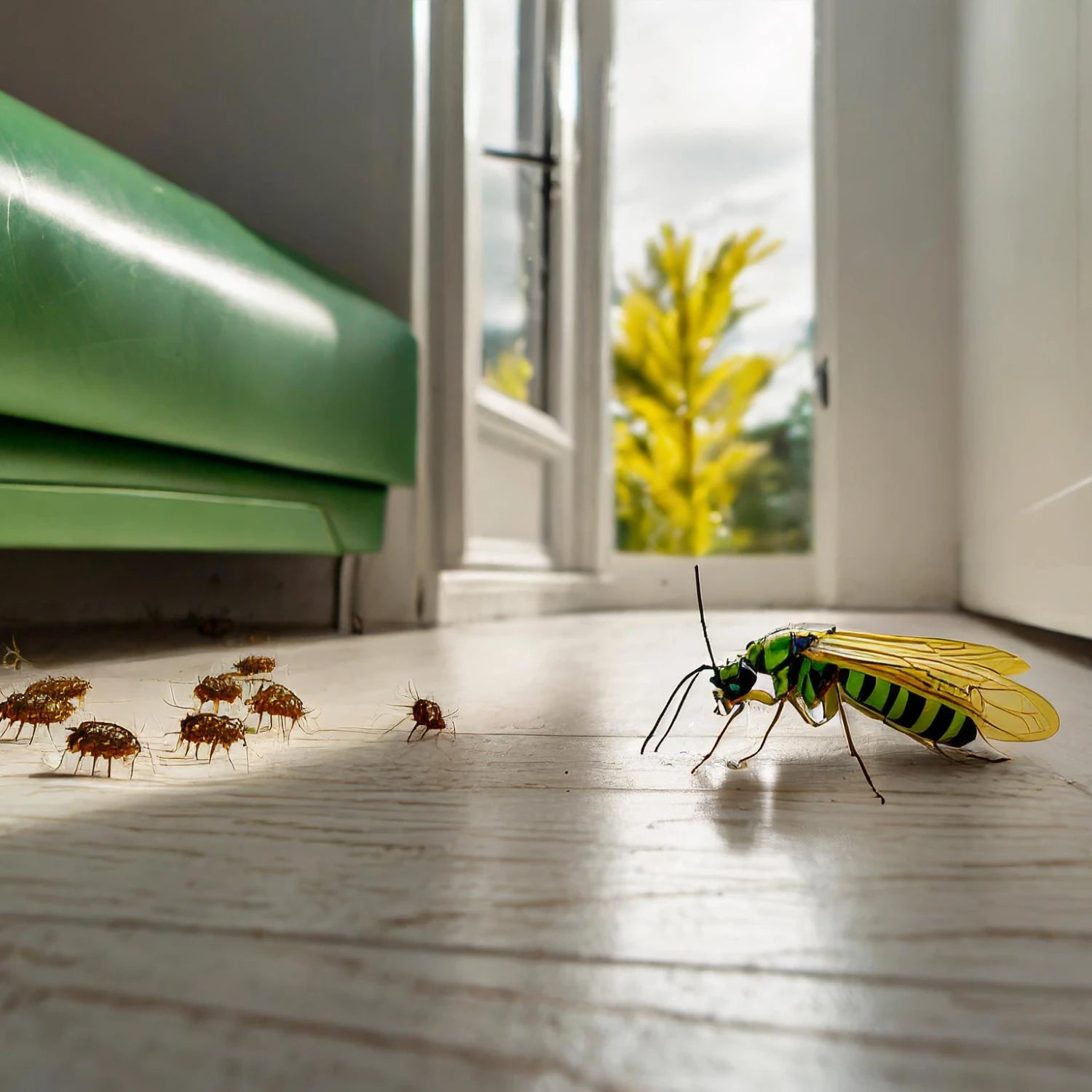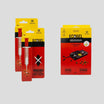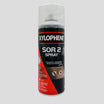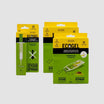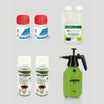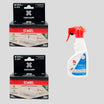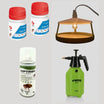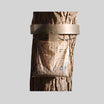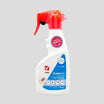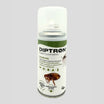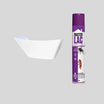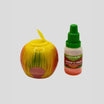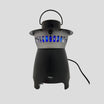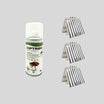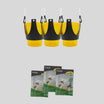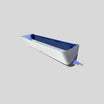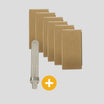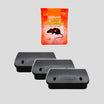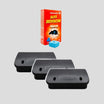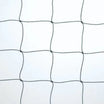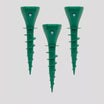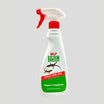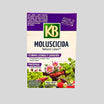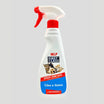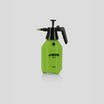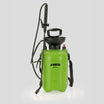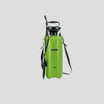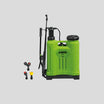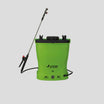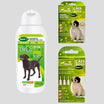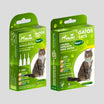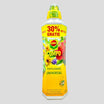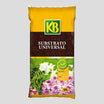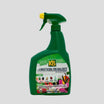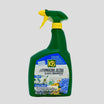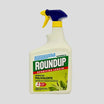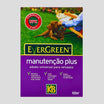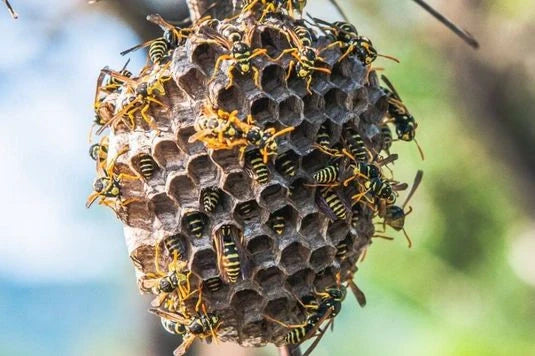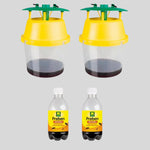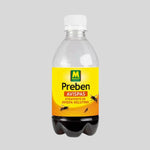The Asian Hornet (Vespa velutina), also known as Vespa mandarina, is an invasive species that has been proliferating in Portugal in recent decades. Originally from the Asian continent, this species was accidentally introduced into Europe through the transport of goods, and has since expanded rapidly, posing a threat to biodiversity and public health.
How to Identify an Asian Hornet Nest
Asian hornet nests are usually built in elevated locations, such as trees, electricity pylons, rooftops and even abandoned buildings. They are easily identifiable by their spherical shape and the material used in their construction, which resembles chewed paper. In addition, it is common to see a constant flow of wasps entering and leaving the nest, especially during the warmer months.
What to do if you find an Asian Hornet Nest
If you spot an Asian hornet nest, it is important to avoid any direct contact with it, as these wasps are known for their aggressiveness when they feel threatened. The best course of action is to contact the appropriate authorities, such as your local council or the SEPNA (Nature and Environmental Protection Service of the GNR), so that they can proceed with the safe removal of the nest.
What to do in case of an Asian wasp sting
An Asian hornet sting can be quite painful and, in some cases, can trigger severe allergic reactions. If you are stung by a hornet, it is important to act quickly. First, wash the affected area with soap and water and apply ice to reduce pain and inflammation. If you experience severe symptoms, such as difficulty breathing, nausea, or significant swelling, seek medical attention immediately.
How to Eliminate Asian Wasps
Asian hornet nest removal must be carried out safely. Never attempt to remove a nest yourself, as this can result in stings and serious injuries. Local authorities and specialist pest control companies are qualified to carry out this task effectively and safely, ensuring the protection of both the public and the environment.
But don’t worry, we have solutions that can help control Asian hornet nests. Find out more below!
The Best Products to Eliminate Asian Wasps
1. Specific Insecticides :
There are several insecticides on the market that are specifically formulated to control Asian hornets. In our store, you will find a specific insecticide to eliminate wasps and their nests. The insecticide comes with detailed instructions on how to apply the product safely and effectively.
2. Capture Traps :
Traps are another option for controlling wasp and Asian hornet populations. These traps use pheromones or food attractants to attract wasps, which are then trapped inside the device. While traps do not directly eliminate nests, they can help reduce pressure on wasp populations and protect sensitive areas.
3. Expanding Foam:
Applying expanding foam to the entrance holes of Asian wasp nests is an effective technique for suffocating and exterminating the wasps inside. This foam expands after application, completely filling the space and preventing the wasps from exiting. Our anti-wasp insecticide also works as a foam to apply to nests.
However, it is important to use this method with caution, as improper application can result in the wasps being scattered and the need for professional intervention.
4. Insecticide Powders:
Some insecticide powders are formulated to be applied directly to Asian hornet nests. These products contain active ingredients that are effective in eliminating the hornets and interrupting the breeding cycle. By applying the powder directly to the nest, it is possible to achieve fast and efficient action, minimizing risks to the environment.
In short, the presence of Asian hornet nests in Portugal represents a growing concern, requiring a careful and coordinated approach to minimize the risks associated with this invasive species. Raising awareness among the population, together with the intervention of the competent authorities, is essential to control and mitigate the negative impacts of these wasps on our society and the local ecosystem.

